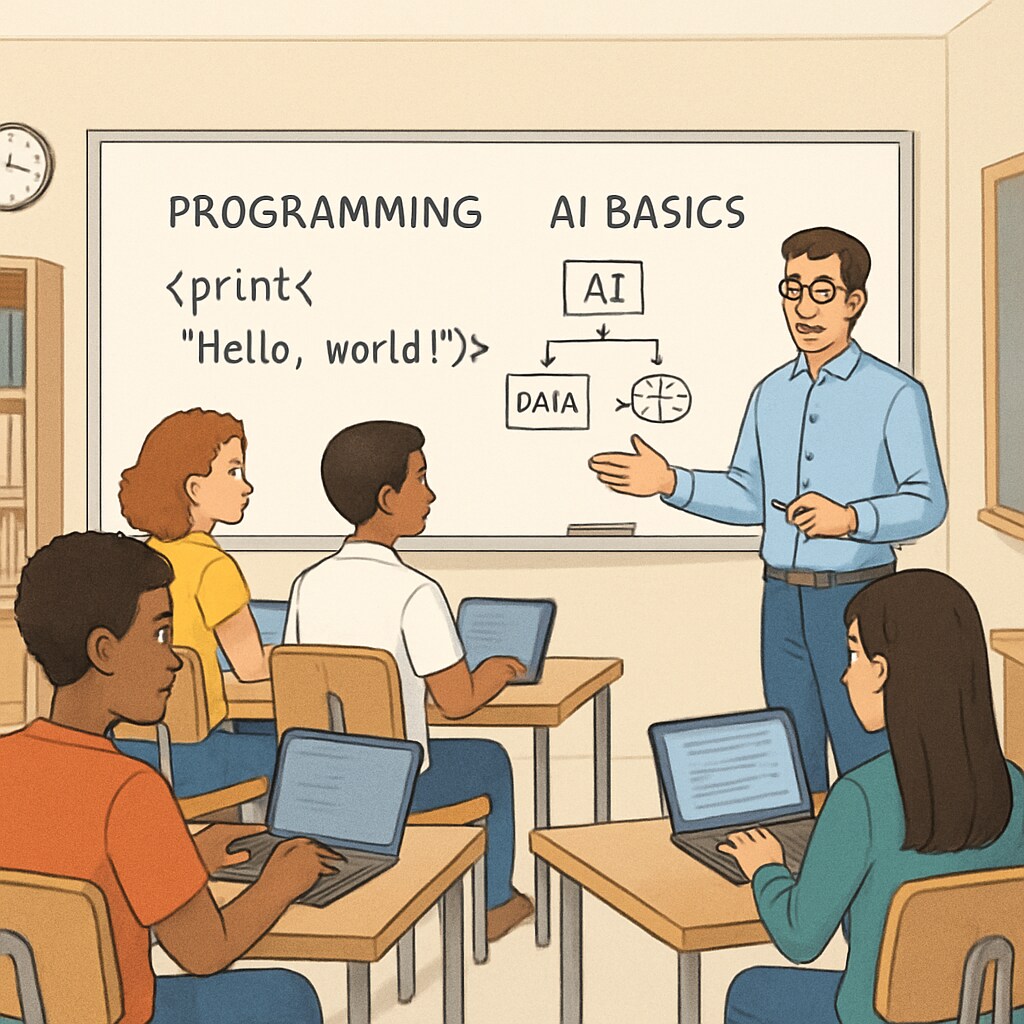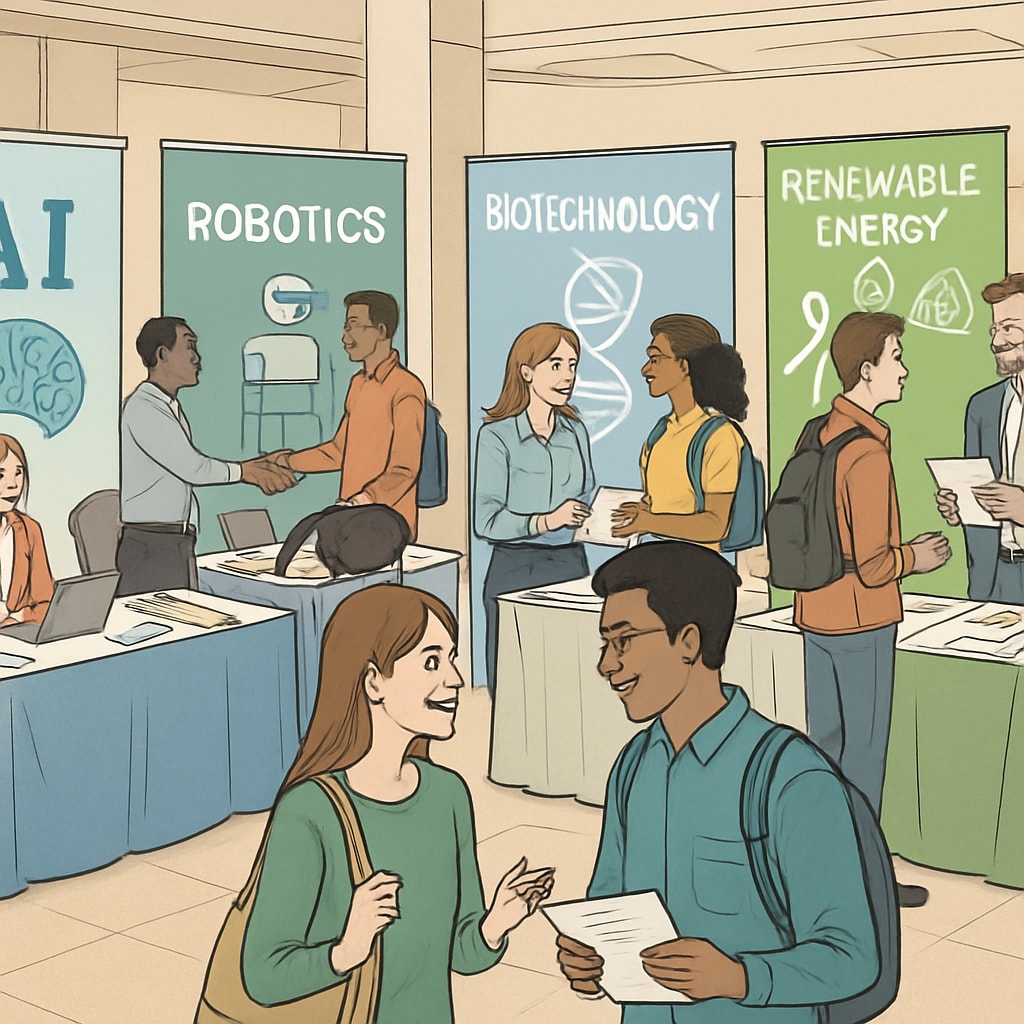The rapid development of artificial intelligence (AI) is challenging traditional notions of higher education and reshaping the future job market. With AI automating tasks and creating new industries, K12 education must evolve to equip students with adaptable skills and critical thinking abilities. The question remains: how can educators prepare students for an uncertain career landscape?
Adapting K12 Education for the AI Era
As AI continues to influence industries, the skills required in the workforce are shifting dramatically. Traditional rote learning and memorization are no longer sufficient. Instead, K12 education must focus on fostering creativity, adaptability, and problem-solving skills. For example, integrating project-based learning and interdisciplinary approaches can help students understand how to apply knowledge in real-world contexts.
Moreover, educators should emphasize digital literacy and teach students how to work alongside AI technologies. While AI can automate repetitive tasks, it cannot replace human empathy or ethical reasoning—skills that will remain valuable in the workforce. As a result, incorporating courses on ethics, collaboration, and emotional intelligence into the K12 curriculum will be essential.

Rethinking Higher Education and Career Preparation
Higher education institutions are also under pressure to adapt to AI’s influence. With AI disrupting traditional professions, universities must offer programs that align with emerging industries. For example, degrees in data science, machine learning, and human-computer interaction are becoming increasingly relevant. However, the focus should not be solely on technical skills; critical thinking and lifelong learning abilities are equally important.
For K12 students, this means preparing for careers that may not yet exist. According to a report on artificial intelligence by Britannica, many future jobs will involve collaboration between humans and AI. Schools should encourage curiosity and exploration, enabling students to adapt to new roles as they emerge. Career counseling and exposure to diverse fields can also help students identify their interests and strengths early on.

Practical Steps to Address Educational Anxiety
The uncertainty surrounding AI and employment often leads to anxiety among educators, parents, and students. To address these concerns, schools and policymakers can take the following actions:
- Invest in teacher training: Ensure educators have the tools and knowledge to teach emerging technologies and foster critical skills.
- Introduce AI early: Offer foundational courses in coding, robotics, and AI to help students grasp these concepts from a young age.
- Encourage interdisciplinary learning: Combine STEM (Science, Technology, Engineering, and Mathematics) with arts and humanities to develop well-rounded thinkers.
- Partner with industries: Collaborate with businesses to provide students with internships and mentorship opportunities in AI-related fields.
By taking these steps, K12 education can reduce uncertainty and empower students to face the AI-driven future with confidence.
In conclusion, the rise of artificial intelligence presents both challenges and opportunities for education and career development. By rethinking traditional approaches, K12 schools can prepare students for a rapidly changing job market. As AI continues to evolve, fostering adaptability, creativity, and ethical reasoning will be key to ensuring students thrive in the workforce of tomorrow.
Readability guidance: This article uses concise paragraphs and transitions to maintain readability. Lists are used to summarize practical steps, and the content avoids overuse of passive voice or long sentences.


